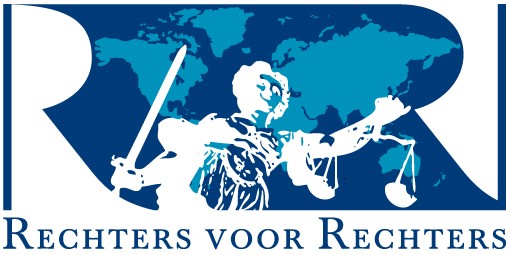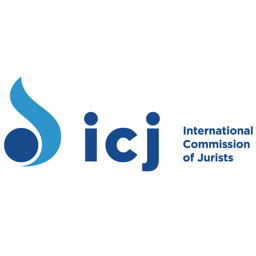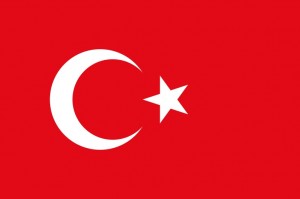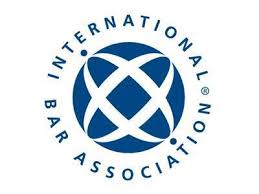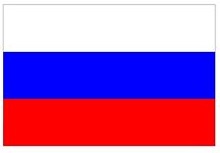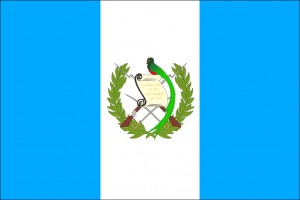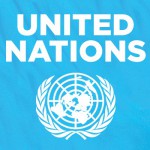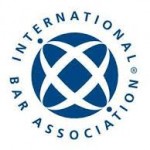Rechters voor Rechters was – als ‘observer’-aanwezig bij de vergadering van de Europese magistratenvereniging Medel. Tijdens deze bijeenkomst is de volgende verklaring aangenomen:

Pisa, March 12, 2016.
medel declaration
Is Europe under Siege?
Dark clouds hang over Europe as threats to fundamental rights and freedoms arise from all countries and governments. In the last months, European governments – under the passivity of the European institutions – have carried out a series of measures aimed to destroy the basis of the rule of law.
-
The lack of a common policy on migrants
The tragedy ongoing on the European shores continues and Europe is not finding a common solution to the constant death of innocents at the hand of human traffickers. As MEDEL recalled on several occasions (statements of Lampedusa and Athens), the European Charter of Fundamental Rights imposes on European states the duty of solidarity towards all humans, regardless of their origin or citizenship – exactly the opposite of what European authorities are doing.
Demagogic speeches of good intentions face now the cruel reality of facts – living conditions in migrant camps are inhuman, only a couple of hundred migrants have been replaced in EU countries and the alleged disappearance of thousands of children registered upon arrival on European soil and may now be in hands of child abduction networks.
The response of European governments, instead of being directed to protect migrants and refugees, has been in the opposite sense, frequently attacking their most basic rights.
The lack of a common policy for welcoming and registering migrants and refugees is no longer a mere sign of inefficiency of the European institutions – it’s a shame for all Europeand is proving to be a serious threat for the security of Europe: Europeans are not safer when you don’t provide migrants and asylum seekers perspectives of a decent life.
-
The violation of fundamental freedoms in France
After the dreadful attacks in Paris, French authorities have put forward new legislation directed to protect citizens against terrorism. However, the fight against terrorism cannot be made on the expenses of fundamental freedoms of citizens.The Government wants to integrate in ordinary law the exceptional measures of the “state of emergency”. Derogation measures used in the fight against terrorism contaminate the law and the criminal procedure.The extension of the state of emergency, with the consequent increase of administrative acts that are not subject to judiciary control and the number of restrictive measures to fundamental freedoms that can be put in force through a mere administrative decision, is contrary to the rule of law.Searches by the police and by night decided by prefects, house arrests decided by the Minister of the Interior if a person is suspect of a link to terrorism, searches to vehicles and electronic devices are now allowed, in clear breach of fundamental rights. Adding to all of this, the question of deprivation of nationality for binational citizens put forward by the Government only pollutes the public debate.
-
The attacks on the independence of justice in Poland, Romania and Turkey
All over Europe, governments have been carrying out attacks against the independence of justice at a scale that not so long ago was unimaginable.
In Poland, the Constitutional Tribunal has been paralyzed through ignoring its rulings, amendments of the law, and factual actionsof politicians. In this way the Tribunal has stopped to be an effective element of the system guaranteeing protection of human rights and the rule of law. Judgments of the Constitutional Tribunal must be promulgated and respected.The blockade of the Constitutional Tribunaldoes not allow for an urgent assessment of several laws adopted in the last few months by the Parliament which deeply interfere into, inter alia, the right to privacy, the freedom of media, and the administration of justice. The adopted Law on the Police has expanded significantly the powers of police and special services to conduct surveillance without sufficient safeguards for the protection of the right to privacy, journalistic sources and information covered by professional secrecy. Public media, which in a democratic society should be independent and pluralistic, have been placed under direct control of the government which has the powers to appoint and dismiss the members of the supervisory and management boards of public service television and radio. The merger of the position of the Minister of Justice with the Prosecutor General, combined with almost unlimited competence of interfering into any criminal proceedings can undermine the fundamental guarantees of division of powers and the fair trial.
In Romania, a general of the Romanian Intelligence Service (SRI) has admitted that the courts became “tactical fields” for this secret service, that all the judges are profiled using behavioural patterns and that this secret intelligence agency is currently “maintaining its interest/attention until a final court decision is been reached in each case”.This raises serious concerns about the integrity of the judiciary system as a whole, as well as the independence of the judges. In almost a year since this scandal erupted, the Romanian authorities have failed to clarity the involvement of SRI in the judiciary process.The SRI Director stated publicly that this secret service agency is in partnership with the prosecutors to conduct criminal investigations, an activity that it is forbidden by the law. At the same time, invoking classified procedures and secret protocols, the Romanian authorities have failed to explain in a transparent way how they conducted the investigation to conclude that there are no undercover agents of any intelligence agencies among the magistrates.In the context that SRI is part of the criminal investigation and it is also involved in the courts, corroborated with the failure of authorities to clarify transparently these matters, this raises serious doubts about the respect for basic human rights and the guarantee of a fair and just trial of any person accused by the state. The most recent attacks to the Romanian Constitutional Court, for ruling unconstitutional the article used by prosecutors to delegate SRI to conduct acts of penal investigation, confirms that there is an unhealthy involvement of SRI in the judiciary process. The solution of the Romanian Government to fix this unconstitutional article in the law, by passing an emergency ordinance making SRI a “special organ” to conduct penal investigations, legalizes actually the involvement of a secret intelligence agency in the judiciary process which is undermining its independence. With SRI legally participating now in the penal investigation, and with SRI transforming the courts as their “tactical fields”, profiling judges and “maintaining their interest/attention until a final court decision is been reached in each case”, Romania is violating the human rights, independence of the judiciary, rule of law and separation of power principles.
In Turkey, for over a year judges Metin Özçelik and Mustafa Başer and prosecutors Süleyman Bağrıyanık, Ahmed Karaca, Aziz Takçı and Özcan Şişman are in detention only because of their judgments and for their professional judicial activity (judges Özçelik and Başer because of release orders they issued for police officers involved in anti-corruption investigations; prosecutors Bağrıyanık, Karaca, Takçı, and Şişman for investigations against illegal arm-smuggling).Requests for visiting them by international observers were rejected and when a representative of MEDEL tried to attend a hearing as international observer, it was decided that the trial was to be continued in camera, raising strong doubts about the compliance of the proceedings with the international standards of transparency and respect for the rule of law.
All these situations are notorious attempts of the executive power to control the judiciary, violating severely the fundamental rights and freedoms. The access to an independent judiciary is a fundamental right of any citizen and one of the cornerstones of the rule of law – to violate it is to put at risk the basis of all European values and standards.
Is Europe is under siege? Yes, but not by migrants or asylum seekers – by policies that risk to destroy the basic freedoms and the rule of lawon which Europe was built.
Taking into consideration that the EU needs the support of Turkey tackling the refugee crisis, MEDEL expects that the European Union makes no concessions to the authoritarian regime in Turkey in regard with the rule of law, state of liberties and human rights, which are the fundamental values upon which the European Union is based and must be respected also by Turkey, which applied to join the EU.
Particularly in times of crisis, we must not abandon our democratic, social and humanitarian achievements. MEDEL therefore is committed to joining forces in the spirit of tolerance, solidarity, democracy and the rule of law in Europe.
The Council of Administration of MEDEL, gathered in Pisa:
-
Supports a Europe that protects human dignity and provides prospects for a harmonious society and a dialogue on cultural, religious and social diversity and the creation of forums for people to come into contact with one another;
-
Appeals for the rigorous prosecution of inhumane attacks by right-wing extremists on refugees and their accommodation, as well as on the police, the media, and volunteers;
-
Recalls the urgent need for the definition of a clear and humane common policy for migrants and refugees;
-
Calls on all European governments to immediately cease all attacks on individual liberties and fundamental rights;
-
Demands full respect for the independence of the judiciary, mainly by the Polish government, and demands the immediate release of the detained Turkish colleagues and the immediate ceasing of any kind of interference of secret services in the judiciary in Romania.
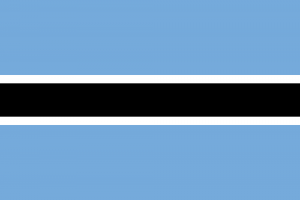 Recalling that at its General Assembly on 19 September 2015, the Commonwealth Magistrates’ and Judges’ Association (CMJA) expressed its concern about the processes put in place to impeach the Justices of the High Court mentioned above.
Recalling that at its General Assembly on 19 September 2015, the Commonwealth Magistrates’ and Judges’ Association (CMJA) expressed its concern about the processes put in place to impeach the Justices of the High Court mentioned above.